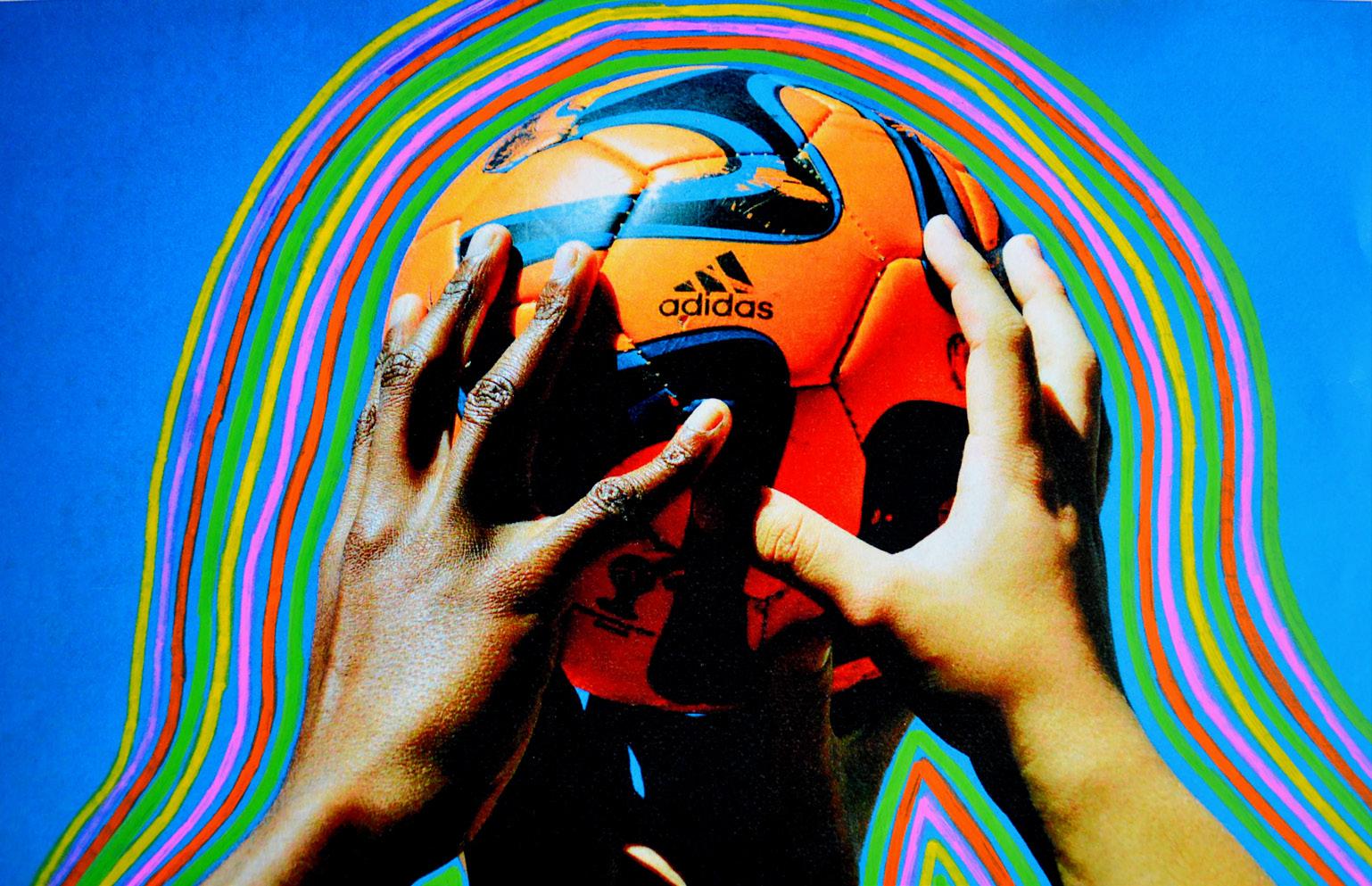
2 minute read
Sports Identity>
By AMANI
The feeling of seeing a hometown team player shoot a three pointer or having a national team finish in first place is always exciting for sports fans. Sports can be an outlet to celebrate their heritage or show love for their city, allowing people of the same culture to develop similar identities when it comes to what teams and events they support.
Advertisement
Throughout history, sports and culture have been entwined. It is how people across the world have developed different sports identities depending on what is popular in their region. At Stanton College Preparatory School, students stemming from diverse backgrounds bring their sports cultures with them.
“In South America, especially in Brazil, soccer plays a huge role,” said sophomore varsity girls’ soccer player Cecelia Richardson. “Soccer [in Brazil] brings people together to create unity and sportsmanship among individuals.”
The attachment students have to sports fuels their unique dedication as athletes, helping them build long lasting friendships and unity with their team. The unity fans have is what can create a nation like Brazil connected through soccer. This relationship with other athletes helps them to improve themselves, thus making it a driving force in producing sports identities.
“You feel connected to the players and [it] makes you want to better yourself; it becomes a part of you even though you are not playing,” said sophomore softball player Alissa Speed.
Whether it is softball, football, basketball, or another sport, supporting teams can connect people on a wide scale. Sports culture, especially in America, makes people proud to support their home country.
“We’re all very proud to be supporting America’s sports team, whether it be soccer or football,” said senior girls weightlifter Sabrina Brown.
From a local level, the same idea can be applied to the Jacksonville Jaguars. Though their last decade has been unsuccessful, their most recent season was a turning point as they made it to the AFC Divisional game against the Kansas City Chiefs. While the Jaguars lost, it prompted people across the city to support the team together and hope for a breakthrough.
“If we all support the Jaguars, it [will] bring us all together,” said sophomore Sajad Achikzay. “Having a team [benefits Jacksonville], especially when we go to stadiums and celebrate together.”
A local professional sports team helps the Jacksonville community be more closely knitted. By wearing Jerseys, hats, or even bracelets, individuals can have an amplitude of ways to represent their favorite team.
“There’s pride that comes with it,” said freshman golfer Justin Kilberg. “You definitely want to represent your uniform [when your] team [wins].”
Wearing a team uniform is a source of pride for athletes like Kilberg. Athletes’ pride in their team translates to a passion for their sport. However, passion can sometimes cause division through rivalries between teams and their fans.
“Sports can sometimes bring the worst out of people,” said freshman JV basketball player Isiah Narain.
When watching a sport, spectators can act hostile towards other fans and athletes. Conflict between athletes can affect the crowd, resulting in sometimes violent behavior between rival teams.
“It can cause some naughty words to be said, and actions that should not be acted on,” said senior girls’ lacrosse player Sabrina Brown. “[For example], my sophomore year at Wolfson, the entire boys soccer team came out and belittled me as a goalie. That was probably the worst game I’ve ever played.”
Fans can end up with strong emotions for their team, which not only affect the mental state of athletes but also their performance. These emotions can be both positive and negative as they get excited for the upcoming game, but also creates added pressure on the players. Whether it’s for a school or for a more recognized professional team, people can develop a sports identity causing pride, passion, and determination while watching their team play.














